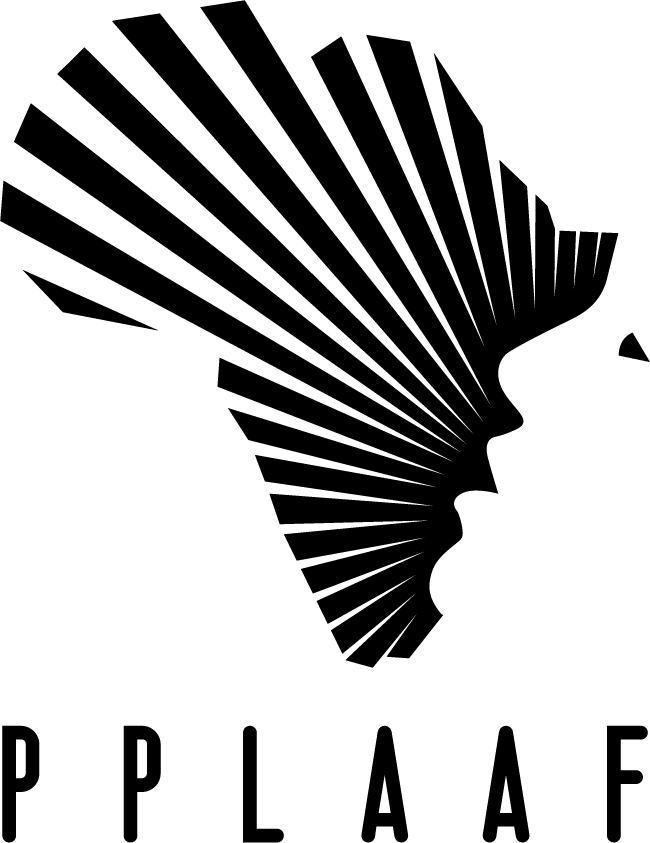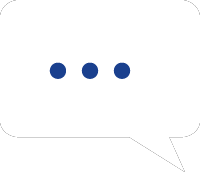Today, in Africa and around the world, more than ever, citizens are becoming aware of the extent of the dark powers of the powerful over their daily lives.
Thanks to the development of communication systems, combined with increased globalization and the revelation of whistleblowers, we are better able to understand the end-to-end surveillance of intelligence services or the financial loss garnered by bank policies that encourage tax evasion and money laundering. Social networks create new spaces of information disclosure, new ways of becoming aware of the excesses of power.
This awareness is accompanied by intolerance vis-à-vis those who hold the power and who take advantage of it to carry out obscure activities that are illegal or contrary to the general interest. In many countries, a new generation of activists or indignant citizens are coming out of the traditional framework of civil society activism to denounce and oppose. The gathering within associations or NGOs is no longer the essential structure to oppose the excesses of the state. The whistleblowers are a personification of this evolution.
The whistleblower is a person who, in the course of his or her profession, becomes a witness to concealed acts of corruption, injustice, abuse of power or threats to public health or the environment. These actions or omissions disclosed by the whistleblower may be illegal, but also immoral or contrary to the general interest. His indignation will push him to join a dynamic activist.
Direct witnesses, the whistleblowers, sometimes banker, soldier, minister or accountant, can considerably help to fight against the illicit flows, the contracts concluded OTC, the predation of the public resources by the regimes in place or by multinationals . But whistleblowers may, because of their position, suffer retaliation and revenge.
Whistleblowers and Africa
In some African countries, malpractices perpetrated by political elites and businessmen have come to light through whistleblowers.
Jean-Jacques Lumumba, a Congolese banker, shed light on serious financial diversions linking the Kabila family. After denouncing the bank’s director, Kabila’s brother himself, the malpractices, he was threatened with death and forced to leave the DRC. He passed on his information to the press and PPLAAF helped him protect himself and investigate his documents.
In South Africa, PPLAAF accompanied Mosilo Mothepu and Bianca Goodson, two whistleblowers behind the revelations of the Gupta family’s resource predation system. In Algeria or Nigeria again, PPLAAF supports whistleblowers who are victims of multiple judicial reprisals while they have simply denounced illegal activities of corruption.
The legal framework to protect whistleblowers is extremely weak. Africa is no exception. Only 8 countries out of 54 have adopted whistleblower protection laws, compared to 11 out of 28 in Europe, while large flows of dirty and opaque money are thriving and the separation between general interest and self-interest is blurred.
It is also the gangrene of corruption that is one of the causes of terrorism in the Sahel. The terrorist threat is cleverly instrumentalised by the kleptocrats against the promises, sometimes in monkey money, to “buy” impunity or, in any case, the silence of Western countries. This unprecedented dramatization is an additional risk factor for whistleblowers and an obligation for us to protect them.
The weaker the democratic institutions, the more vulnerable these citizens are who want to share sensitive information with public opinion or the judiciary.
How to protect whistleblowers?
To these direct witnesses of behavior damaging to the general interest, it is necessary to offer a protection to help them to share their information with the public opinion or the judicial power.
This is why PPLAAF was created to provide whistleblowers with a protected system for communication and information transmission. A community of lawyers, activists and NGOs, acting as a shield against potential reprisals and threats, can now help them before, during and after their revelations. Their right to freedom of expression must also be enshrined in strong and modern whistleblower protection laws.
Africa needs these citizen sentinels to stem serious violations of the rule of law. Whistleblowers must be able to benefit from real support, as it is necessary, as Hannah Arendt reminded us “to make room for civil disobedience in the functioning of our public institutions”
To follow PPLAAF, follow its profiles:
- Facebook: https://www.facebook.com/PPLAAF/
- Twitter: @pplaaf




